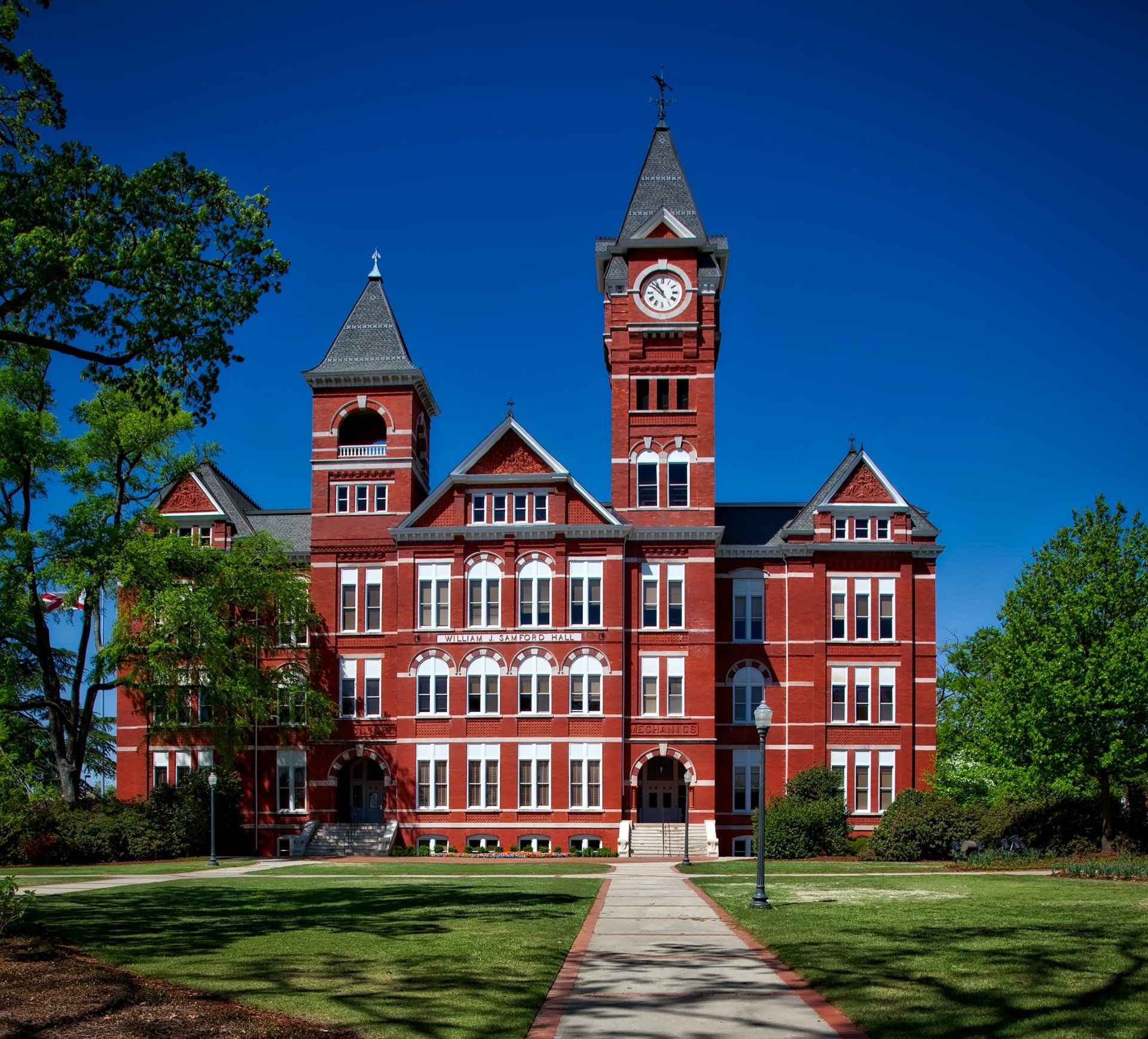The Enemies of Christ Rear Their Heads: Dominion Part 10
Darwinists and Marxists Seek to Destroy Christian Culture
The Scientific and Technological Revolutions happened in Christian culture, and only in Christian culture. Why? Because both depend on Christian theological assumptions.
Holland entitles Chapter 18: Science, A.D. 1876, The Judith River
The latter half of the nineteenth century saw dramatic changes in how Western culture viewed science. Science and history had always been of interest to Christians. One of the most powerful Christian ideas that touches on both, was creation. The world had a beginning. It did not rotate through endless cycles. (This introduced to the world the idea of Progress, one of the most powerful ideas of all time.) Geology seemed to buttress Christian faith. Creation bore witness to design. But along came Charles Darwin, and others, who saw the opposite. The natural world contained “too many examples of cruelty to believe that they may ever have been the result of conscious design.”
For centuries Western intellectuals sought to identify the laws of God’s creation. Now Darwin’s theory of natural selection had no need of God at all. Christianity taught that God Himself became a man, lived as a slave, and suffered a cruel death. Yet in weakness He was triumphant. Weakness had proven to be the greatest strength ever known. Darwin’s theory challenged all that. Weakness was nothing to be valued. There was even more. Holland writes, “For eighteen long centuries the Christian conviction that all human life was sacred had been underpinned by one doctrine more than any other: that man and woman were created in God’s image.” Darwin’s theory eviscerated that doctrine. He asserted, “No one who has attended to the breeding of domestic animals will doubt that this must be highly injurious to the race of man.” Why were some races more advanced than others? There could only be one answer. Evolution had produced a “natural hierarchy of races. [Whites] had elevated themselves to a new degree of consciousness. Others had not.” And so racism is born.
The full assault on the Christian view of civilization began. According to Darwin’s “bulldog”, Thomas Huxley, “It was only by stepping over the corpses of extinguished theologians that humanity would be able to leave delusion behind.” Huxley called it a “New Reformation.” Science had always existed—the Greeks were off to a good start—but according to Huxley Christianity got in the way and scuttled progress. Holland observes, “That nothing in this narrative was true did not prevent it from becoming a wildly popular myth.” (Nothing in the Darwinist attack on Christianity was true. But the lies persisted because the educated elite wanted to be rid of Christianity. They were unaware that every blessing in their lives had come from Jesus Christ and His followers.) Then Holland argues interestingly, that the Darwinists, were not leaving Christianity behind at all. Huxley had all the marks of the “Puritan character.” “Moral earnestness, the volitional energy, the absolute confidence in his own convictions, the desire to impress them upon all mankind….The war between religion and science reflected…the claims of both to a common inheritance.”
Some studied man’s place in the universe; others began to study his sexual nature. The word “homosexual” was invented. Despite the reductionism in viewing man’s sexuality much of the Christian heritage was retained. For example, fidelity in marriage remained deeply valued. I have another video on how the Left has retained much of Christian teaching on sex, and I have linked it below.
Holland devotes a lengthy section to Andrew Carnegie and the social implications of Darwin. Carnegie’s view was right out of the social Darwinist catechism: He said “The only alternative to the survival of the fittest was the survival of the unfittest. Indiscriminate charity served no purpose save to subsidize the lazy and the drunk.” But Carnegie retained much of his Christian heritage. He felt responsible to use his wealth for the betterment of mankind and so bestowed it on an endless number of social programs.
The most far-reaching consequence of Darwin’s thinking was its impact on a young Russian—Vladimir Ilych Ulyanov—better known by his penname, Lenin. Darwin’s impact on Lenin was great but even more that of another of Darwin’s successors—Karl Marx. According to Lenin, “Just as Darwin discovered the law of evolution as it applies to organic matter so Marx discovered the law of evolution as it applies to human history.” Marx had established the destiny of mankind scientifically. It was the evolution toward a classless society. Of course, there was no need for God. According to Marx, anyone who thought Christianity was of long-term importance was “slumbering in an opium den.” But Marx was also a product of his Christian heritage. Holland says, “For a self-professed materialist he was oddly prone to seeing the world as the Church fathers had once done; as a battleground between the cosmic forces of good and evil…If, as he insisted, he offered his followers a liberation from Christianity, then it was one that seemed eerily a recalibration of it.”
Marx’ was a powerful, prophetic vision. Capitalism was doomed to collapse. The hour of salvation was at hand. Of course, what was really at hand was the single most destructive set of ideas in human history.
In the last chapters of Holland’s book we see the beginning of the great war we are in at this very moment. The war between Christ and His enemies.
More: Where Non-Christians Agree with Christians About Sex: https://www.youtube.com/watch?v=zRo6hFk7WXU
My video on Marxist deceptions: https://www.youtube.com/watch?v=2FqzZJie6pg
All the episodes of Dominion are found here: https://www.youtube.com/playlist?list=PLkHlTST983SrRLzY-1quBpEsd46bog7jA
401st Prophet Blog
Useful Links
Join my email list
Newsletter Opt-In Footer
Thank you for signing up!
Oops, there was an error.
Please try again later.
All Rights Reserved - Phil Mitchell | Site Design by Adam Wills Marketing











